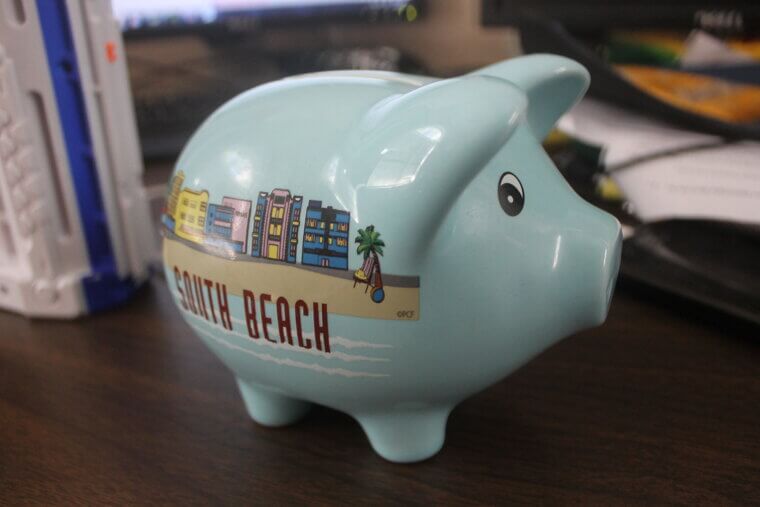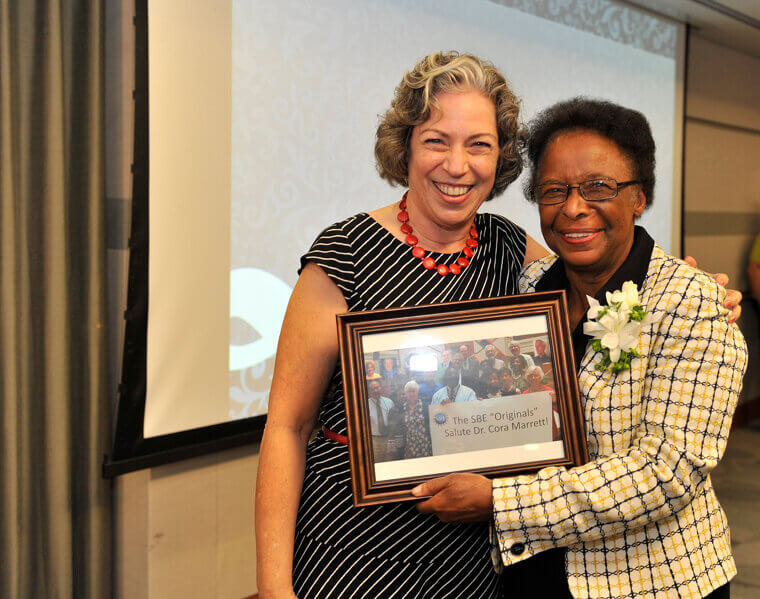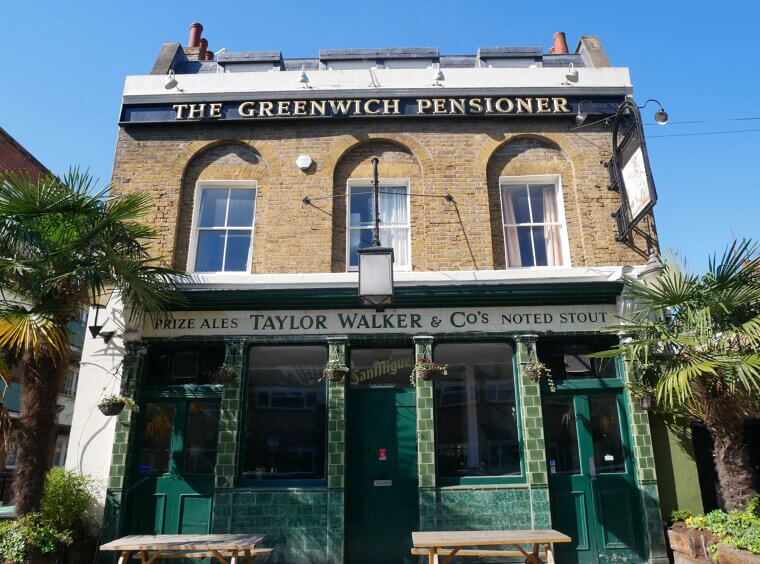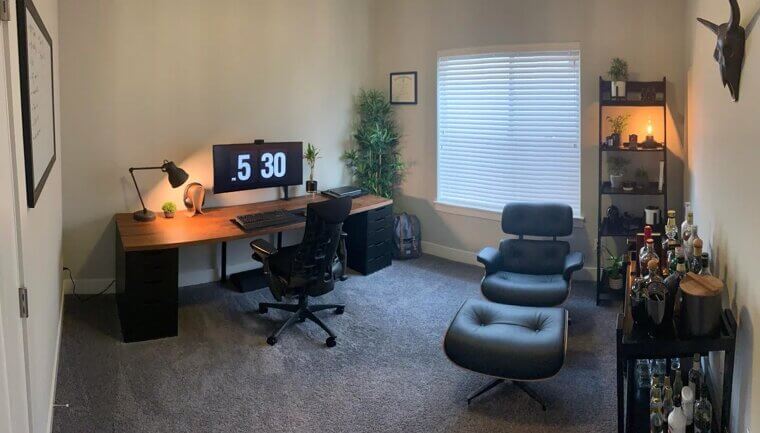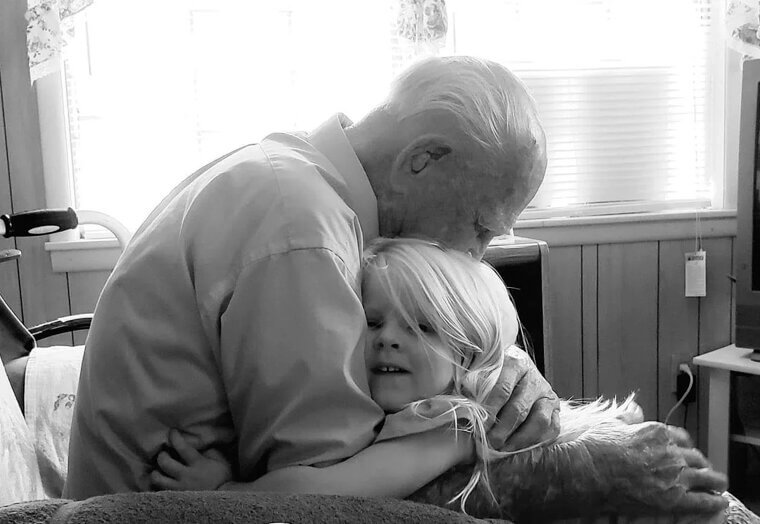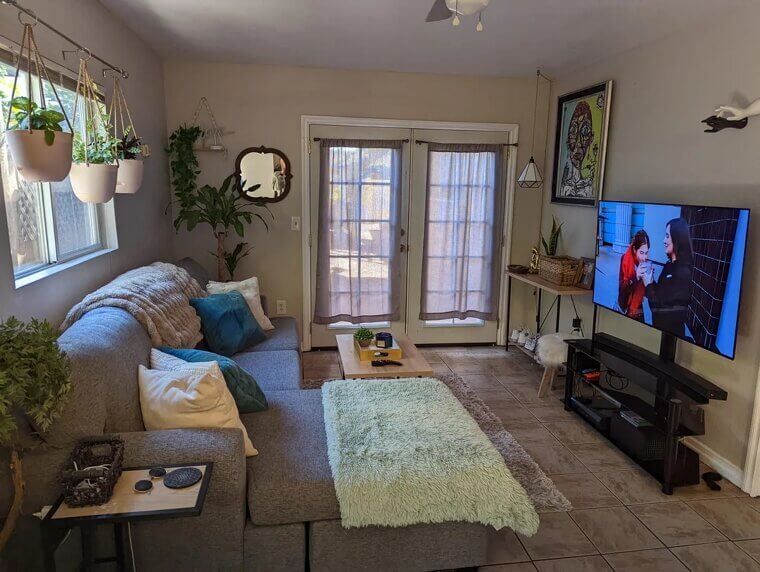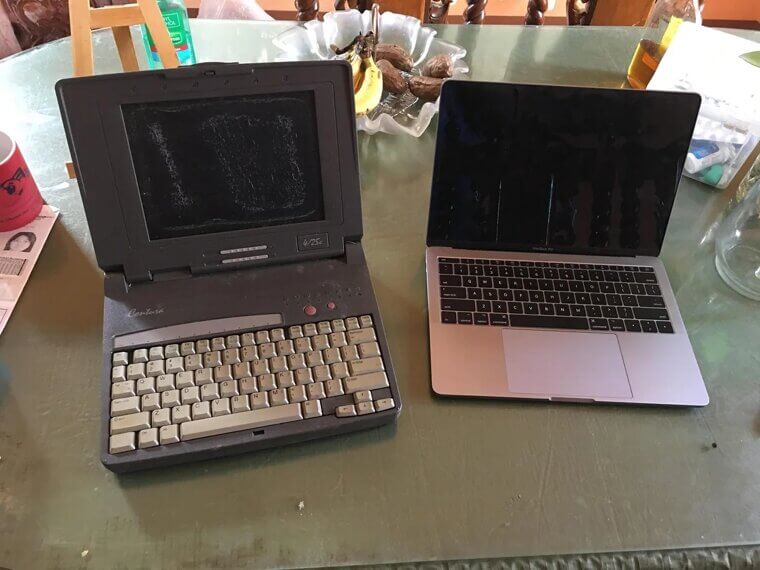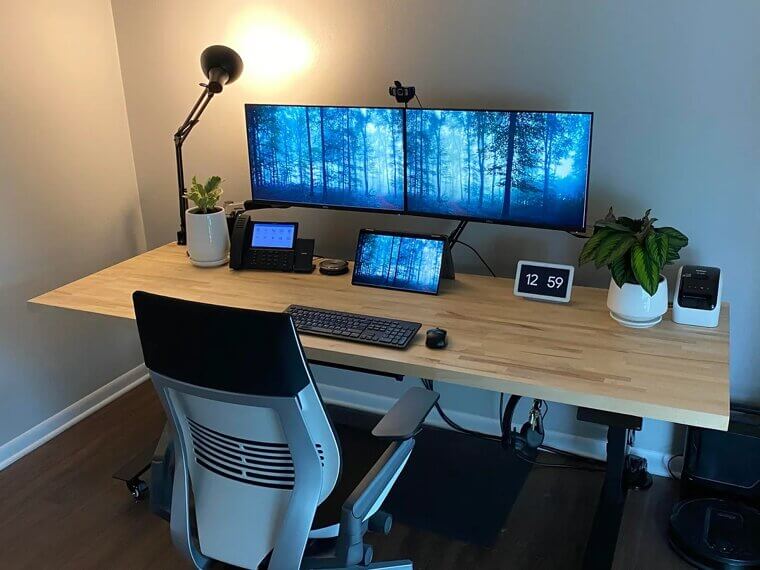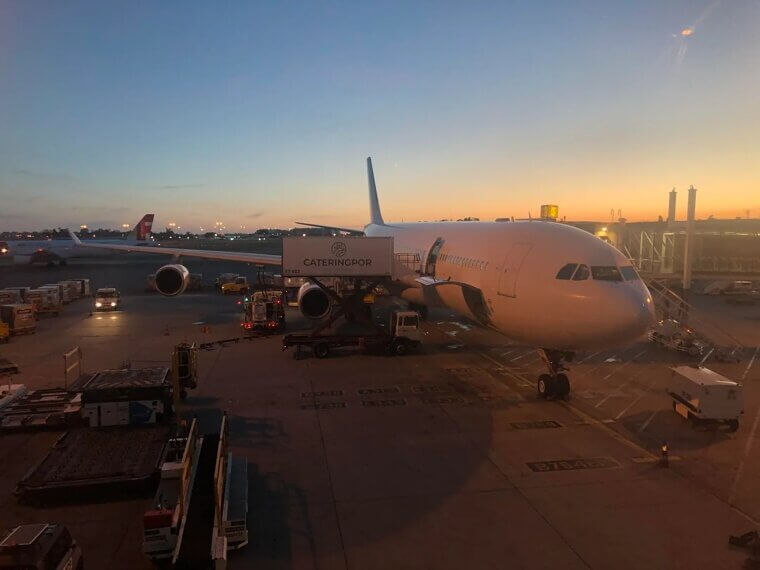How Retirement Has Looked Different Over the Different Decades
Compared to just a few decades ago, retirement today looks completely different. Financial landscapes are constantly shifting, making retirement an evolving process that isn’t quite as straightforward as it once was. Let’s take a closer look at 15 ways in which retirement has changed over the decades.
Longer Life Expectancy
At the start of the 1900s, life expectancy was around 50 years old. Today, however, it sits closer to 80 years old in many first-world countries. For this reason, people need to plan for a longer retirement. In many cases, retirees will need upwards of 20 years' worth of savings to live comfortably.
The Concept of Retirement
Retirement wasn’t commonplace until the 1930s. Before then, people used to work to support their families until they were physically incapable of doing so. However, in today’s society, many people start planning for retirement as soon as they start working.
Becoming a Millionaire Is No Longer Enough
When we hear the word ‘millionaire’, we think of someone who is incredibly wealthy. In the past, this was the case. Unfortunately, though, having at least $1 million to your name is now considered the bare minimum if you plan to retire in many countries.
Earlier Retirement
Early retirement is becoming more and more common, especially amongst those who are financially stable enough. In the late 1900s, the average retirement age was around 70. Nowadays, however, it is closer to 60.
Decline of Pensions
Back in the day, traditional pensions were commonplace. In fact, most retirees relied fully on pension plans to survive. Things have shifted in recent years, however, with 401(k)s and other self-funded plans becoming more and more common.
Inflation Pressures
Inflation has become an increasing problem, with everyday goods and services costing double what they once did just a few years ago. However, in many cases, our salaries don’t quite match this rate of inflation, making it harder and harder for people to maintain their basic needs, never mind even thinking about retirement.
The Cost of Healthcare Has Skyrocketed
Since the start of the 2000s, the cost of healthcare has increased by over 120%. As we get older, our need for healthcare only increases, putting a massive financial burden on retirees. Even those with Medicare are struggling to keep up with the rising cost of healthcare.
Part-Time Jobs Are More Common
Back in the day, retirement meant that people would stop working entirely and shift their focus towards rest, relaxation, and spending as much time with loved ones as possible. However, with rising costs, this is no longer possible for many. Part-time jobs post-retirement have become incredibly common as a way to bring in additional funds.
Grandparents as Financial Support
With the rising cost of living, it is becoming increasingly difficult for the generations to become financially stable. Jobs are harder to come by, and the cost of buying or renting property has skyrocketed. For this reason, many retirees serve as financial aid for their children or grandchildren.
No Longer a Time for Winding Down
In recent decades, retirement has become more and more about enjoying yourself than about winding down. In fact, many retirees use this time to focus on their hobbies and personal growth, as they were thrust straight into a life of work after education.
Downsizing
With the rising cost of living, it only makes sense that many retirees downsize as soon as they finish working. This often means moving into a studio home, selling a lot of their personal belongings, and even their car.
Digital Literacy
The older generations are getting more used to technology, which makes retirement a whole lot easier for them. For example, retirees can now simply use their phone to stay in touch with family members or social media to connect with others.
Planning Starts Sooner
With the rising cost of living, it has become essential that people start saving up for retirement as soon as possible. In fact, many employees begin putting money aside as soon as they start working.
The Rise of Remote Work
Remote work has made it possible for retirees to do part-time work from the comfort of their own homes. More so, many people ease themselves into retirement through remote work, as it gives them a better sense of what it will be like to no longer have to rush around to get to work on time.
Global Retirement Planning
Global retirement planning has become increasingly popular. In many cases, people choose to move to places that offer a cheaper way of life. For example, many people in the US retire in Florida, as it has one of the cheapest costs of living in the country. Those who are financially stable enough also relocate abroad.




